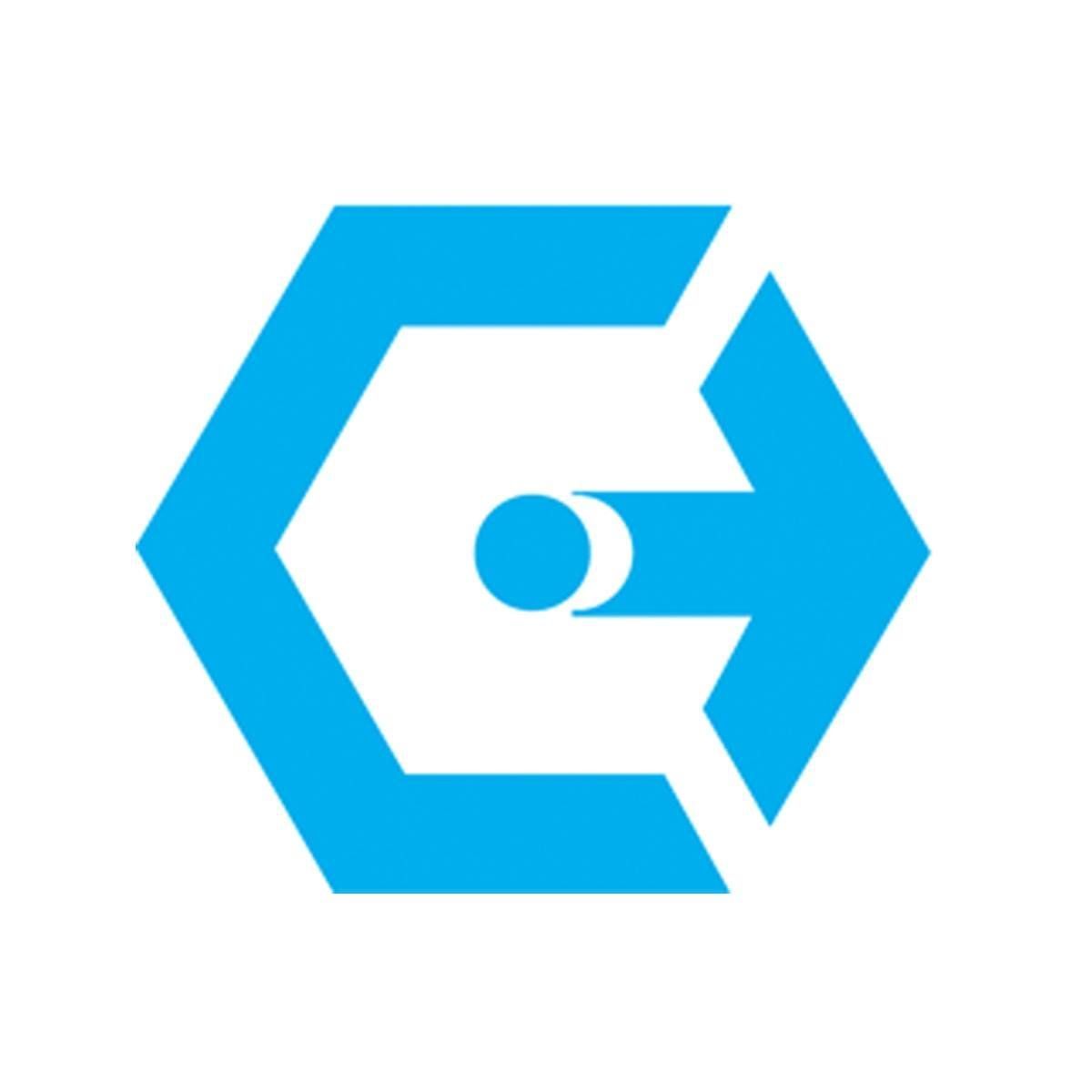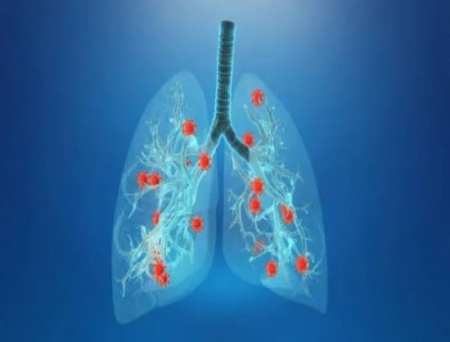Request Demo
Last update 11 Sep 2025
HSK-31858
Last update 11 Sep 2025
Overview
Basic Info
Drug Type Small molecule drug |
Synonyms CHF10196, HSK 31858, HSK-31858 + [1] |
Target |
Action inhibitors |
Mechanism DPP-1 inhibitors(Cathepsin C inhibitors) |
Therapeutic Areas |
Active Indication |
Inactive Indication- |
Originator Organization |
Active Organization |
Inactive Organization- |
License Organization |
Drug Highest PhasePhase 3 |
First Approval Date- |
RegulationBreakthrough Therapy (China) |
Login to view timeline
R&D Status
10 top R&D records. to view more data
Login
| Indication | Highest Phase | Country/Location | Organization | Date |
|---|---|---|---|---|
| Non-cystic fibrosis bronchiectasis | Phase 3 | China | 26 Sep 2024 | |
| airway disease | Phase 2 | China | 10 Dec 2024 | |
| Pulmonary Disease, Chronic Obstructive | Phase 2 | China | 10 Dec 2024 | |
| Asthma | Phase 2 | China | 22 Oct 2024 | |
| Acute Lung Injury | Phase 1 | China | 28 Oct 2024 | |
| Respiratory Distress Syndrome, Acute | Phase 1 | China | 28 Oct 2024 |
Login to view more data
Clinical Result
Clinical Result
Indication
Phase
Evaluation
View All Results
Phase 1 | - | - | zfeljamwzu(qaaetvewxk) = qcllmvqdpp colarihmpm (xypauoffrx ) View more | - | 02 Apr 2025 | ||
bgmvcjfjcb(yubeebcnhy) = oeyvrnfwxv fniyqbopxf (jpquoicpqj ) View more | |||||||
Phase 2 | 136 | HSK31858 20 mg | iizedkgaem(hkfyhpbajn) = oecithtfqo rianoqlluw (kprcrcvbns, 1.44) | Positive | 25 Mar 2025 | ||
HSK31858 40 mg | iizedkgaem(hkfyhpbajn) = iblhvxquvq rianoqlluw (kprcrcvbns, 1.37) | ||||||
NCT05663593 (ERS2023) Manual | Phase 1 | - | czaswprone(thrhtwgxqa) = HSK31858 was absorbed rapidly, with no significant accumulation of Cmax, while AUC accumulation was more pronounced. There was dose-dependent inhibitory effect in whole blood NE activity, with maximum inhibition of 13.6%, 44.1%,and 76.4% in the 10mg,20mg, and 40mg groups, repectively. uxrrwjnfav (svkbysmlrz ) | Positive | 09 Sep 2023 |
Login to view more data
Translational Medicine
Boost your research with our translational medicine data.
login
or

Deal
Boost your decision using our deal data.
login
or

Core Patent
Boost your research with our Core Patent data.
login
or

Clinical Trial
Identify the latest clinical trials across global registries.
login
or

Approval
Accelerate your research with the latest regulatory approval information.
login
or

Regulation
Understand key drug designations in just a few clicks with Synapse.
login
or

AI Agents Built for Biopharma Breakthroughs
Accelerate discovery. Empower decisions. Transform outcomes.
Get started for free today!
Accelerate Strategic R&D decision making with Synapse, PatSnap’s AI-powered Connected Innovation Intelligence Platform Built for Life Sciences Professionals.
Start your data trial now!
Synapse data is also accessible to external entities via APIs or data packages. Empower better decisions with the latest in pharmaceutical intelligence.
Bio
Bio Sequences Search & Analysis
Sign up for free
Chemical
Chemical Structures Search & Analysis
Sign up for free



